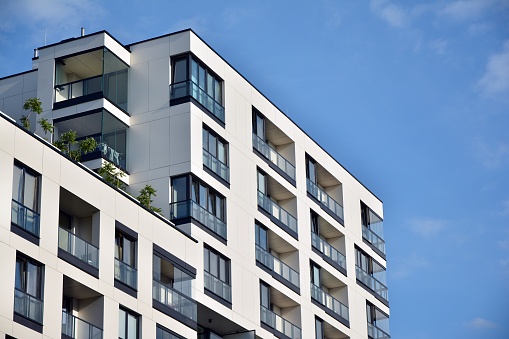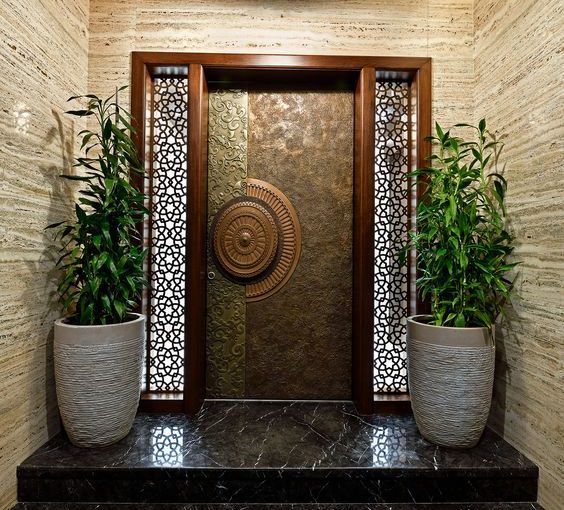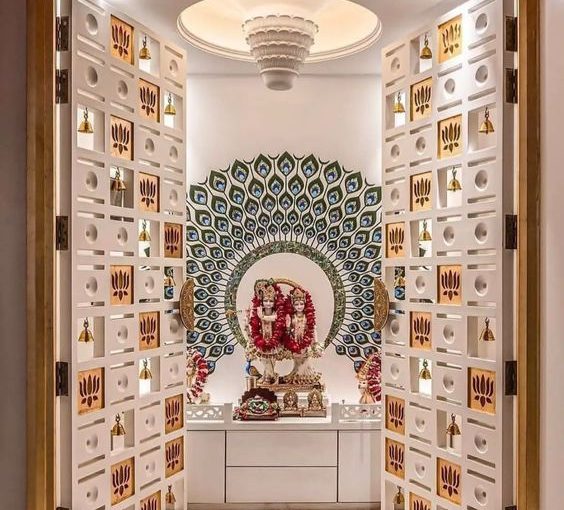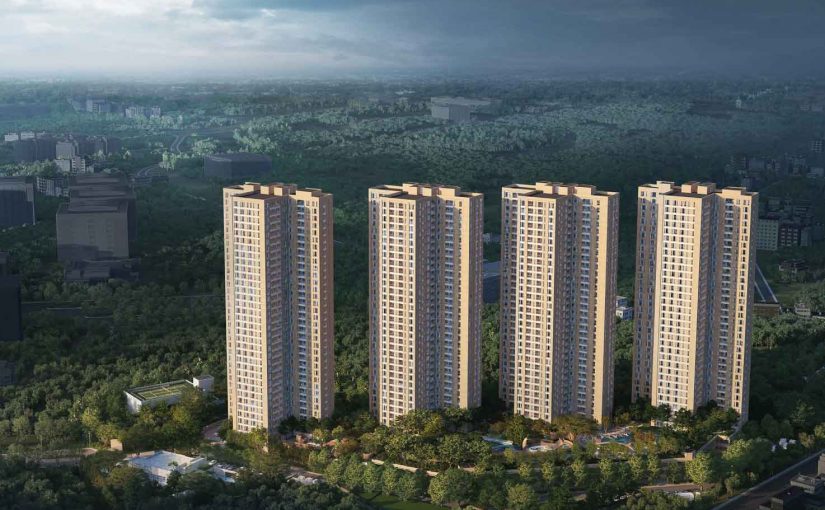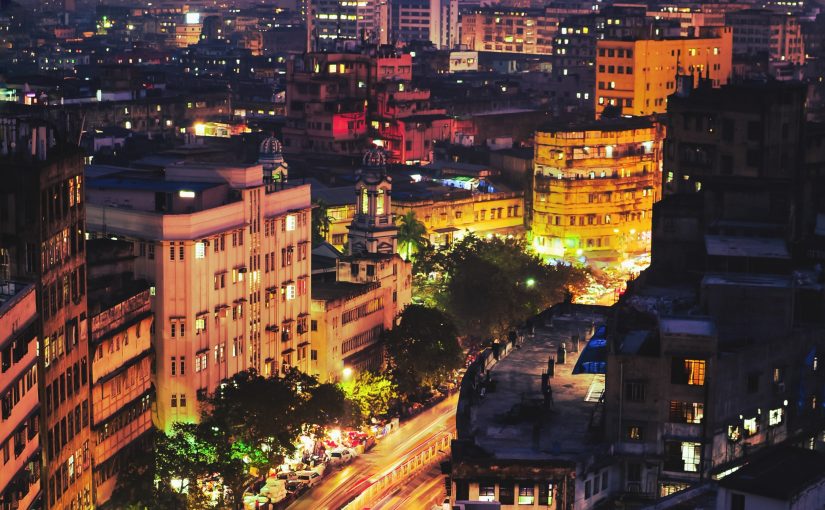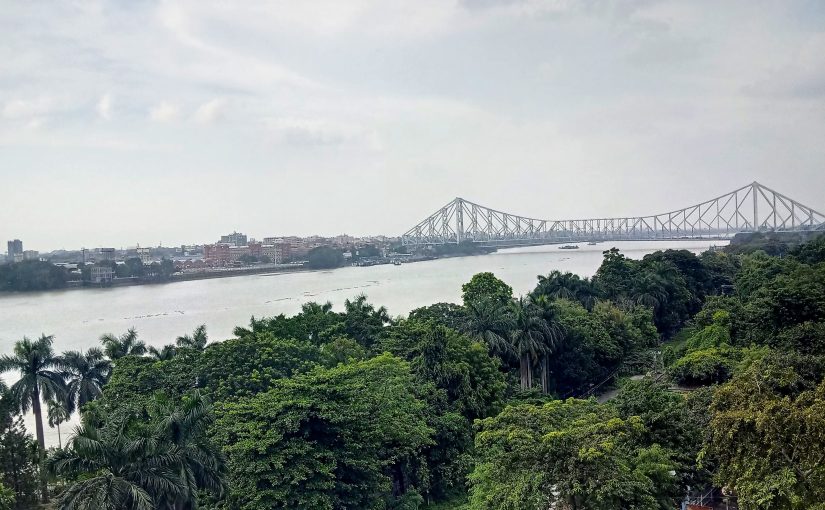By
|
Getting your Trinity Audio player ready...
|
The prospects of home-ownership can be a truly rewarding experience. However, the journey from deciding on buying properties in Kolkata and actually signing on the dotted line can be a long and tedious process. There are various financial procedures and intricacies that everyone who’s looking for avenues to buy houses in Kolkata should be aware of; since they affect the resulting cost implication of home purchase. In this blog, we will visit all these considerations and explore their impact on the true cost you stand to incur when you buy houses in Kolkata.
Understand True Cost when you buy houses in Kolkata
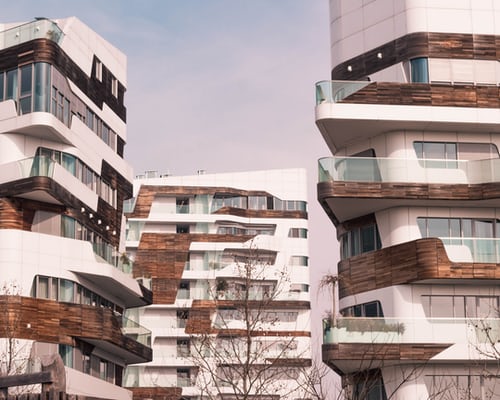
Most homebuyers fail to understand that the estimated cost of properties in Kolkata is very different from the eventual price they pay while signing the dotted line. Let’s understand the different cost implications that arise as you buy houses in Kolkata:
- Preferential Location Charges (PLC)
Preferential location charges or PLC as they are commonly referred to, signify pricing premium that is commanded by builders for specific flats in Kolkata that have an obvious advantage over the others. These costs are typically attached on a per floor & per square feet basis. When you buy houses in Kolkata, you may end up shelling this premium for ground floor apartments that feature a garden, top floor penthouses, or even for duplex houses in Kolkata that are over the clubhouse or pool. Depending on the demand for a specific property, this premium is discussed openly and charged over and above the asking price for the house.
- Preferred Parking Spots
As the city of Kolkata expands across the city boundaries, a smooth urban commute demands the need for personal cars and bikes for everyday travel. As you shortlist properties in the city to buy houses in Kolkata, you will find yourself shelling out a premium for covered parking spots in premium housing societies. This price is further accentuated in societies offering luxury houses for sale in south Kolkata owing to premium podium spots or hydraulic mechanism lifts in multi-storeyed basements.
- Monthly Maintenance
Whether you buy houses in Kolkata from the builder or from an end buyer as a part of a resale real estate transaction, there are several maintenance costs that fund the general upkeep, facility management, and security setup in a housing company. These costs are collected monthly or quarterly by most new residential societies. Moreover, if you purchase a home and put it up on rent, you might be charged non-occupancy charges to the tune of 10% of the total maintenance charge to the co-operative society.
- Clubhouse Fees
While most modern housing societies offer a wide variety of shared facilities such as a fully-equipped clubhouse, gymnasium, amphitheater, and/or swimming pool, these are available at a certain cost. These facilities can be availed for a standard monthly or quarterly subscription fee. As a homebuyer, club fees can be considered recurring maintenance fees that go from your pocket every month.
- Civic Amenities
Certain essential civic facilities such as the installation of fire extinguishers and alarms for fire safety, extra capacity for water tankers, and diesel generator back-up to light up the common areas and power-up multiple lifts during black-outs. In most cases, leading real estate developers in Kolkata add the incremental costs of these amenities to the cost of the apartments at the time of sale as a part of External Electrification Charges (EEC) and Fire Fighting Equipment Charges (FFEC). Additional cost implications in the same regard can include bearing the cost of getting an individual meter installed from the electricity board as well as buying and maintaining personal inverters for use inside the house. These costs must be factored in before you buy houses in Kolkata.
- Property Tax
All homebuyers owning properties in Kolkata are liable to pay property tax to the Kolkata Municipal Corporation according to the base unit area of their flat, duplex, or bungalow depending on the grade classification of the real estate they inhabit. This is an unavoidable annual expenditure to be paid by homeowners to the state that ranges in the band of 6% to 20% and hence, forms a big recurring cost of owning real estate in the city.
- GST
Another cost you must consider while you buy houses in Kolkata is GST. At the time of purchase, you will realize that different GST rates are applicable to under-construction properties versus ready-to-move flats in Kolkata. Depending on the scheme opted in by the developer of the housing complex, your home attracts a GST of 5% to 12%. A house developed under the affordable housing scheme attracts a 5-8% GST while those premium and luxury flats in Kolkata fall under the 12-18% GST regime. Understanding the GST due can save unexpected financial surprises at the time of purchase.
- Stamp Duty & Registration Charges
Legally speaking, you cannot attain legal ownership of any properties in Kolkata without paying stamp duty and registration charges. Stamp duty of 3.5% -12% is levied by the West Bengal government on legal documents pertaining to the transfer of property in the state, every time it changes hands. Registration charges can be considered processing fees for registering a property in the name of a certain person or a group of people. Registration charges in Kolkata amount to 1-3% of the prevailing market value of the property as per the published ready reckoner rate.
- Home Loan Charges
Most people avail of a home loan at the time of buying houses in Kolkata. The eligibility criteria and fluctuating rate of interest aside, all nationalized and private banks charge a processing fee of 0.5%-2% on the value of the loan disbursed. Moreover, a certain corpus of money must be paid as a down-payment towards the loan availed. Even with a very respectable credit score, it’s unlikely you will get a home-loan sanctioned for over 90% of the value of the house; typically, 75-80% disbursement is the norm. These costs certainly account for a large portion of the committed capital required to buy houses in Kolkata.
- Brokerage
Engaging a registered RERA approved broker can prove to come in handy in your pursuit of residential real estate in the city. Most leading real estate brokerages charge between 1-2% of the total property value at the time of purchase. The final figure due depends on the monetary value of your house as well as your negotiation skills; a little bargaining on this front can lead to sizable savings.
Conclusion
When it comes to buying residential real estate in Kolkata, there is a lot more than meets the eye. Buying flats in Kolkata is an expensive endeavor and you must be wary of all associated costs that can arise at the time of purchase. Being well-informed beforehand can help you plan your home-purchase better and prevent surprises.
You can refer to our following blog for your reference “Flats in Kolkata: A buying guide for luxury, premium and affordable flat at Kolkata“
Frequently Asked questions
The price of flats in Kolkata is calculated on the basis of the complete saleable area. We can divide the total cost of a flat into two parts- 1- the carpet area- which is the actual space you will be living in, and 2- the super built-up area. The super built-up area is space within the vicinity which will be regularly used by you such as-the lobby, security rooms, play areas, gyms, staircases, lifts and other common amenities. The price per square feet is calculated with the average super built-up area pertaining to a single buyer ie. The total super built-up area divided by the total number of flats in the residential complex. Thus, the price of a flat = Carpet area + Proportionate super built-up area.
There are a few costs which you will have to pay apart from the outright price of the flat. They usually include
-Stamp duty –it is the tax levied for processing the legal documents which determine the transfer of the assets.
-Registration- The cost of legally registering the property
-Civic amenities- These include the electrification charges (EEC) and the cost of purchasing the firefighting equipment for the society (FFEC)
-Maintenance charges- this is the cost incurred by the society for the upkeep of the amenities and the residence in general. It may be charged lump-sum for a specific period, at the time of purchase or incurred on a monthly basis.
-Parking charges- This is the cost of the parking space which will be utilised by the buyer[M1]
– Club membership- This includes the cost of membership which the residents will need in order to avail the amenities within the residence.[M2]
In case the property is still under construction, the buyer will have to pay GST. In case of flats costing lower than 45 lakhs, it is 1 % and 5 % if higher than 45 lakhs.
GST in real estate is to be paid only with respect to under-construction property. The GST for real estate is slated at 18%- ie. 9% Central GST and 9 % State GST.
However, as a buyer, you are exempt from paying the tax on the land on which the property is built, which makes it 12 %.
Buyers buying residential property in India have to pay a total of 12% of GST on the value of the property.
There are certain subsidies in case of property built under affordable housing schemes.
GST in real estate is in relation to two prime factors 1-construction of the property and 2-purchase of construction materials required. This tax is paid by the builder, at the time of construction but is borne by the buyer who will be purchasing the soon to be completed home.
These costs are not supposed to be paid by the buyer in case of sale of ready-to-move-in flats or re-sale of flats, for the transaction does not include the cost of construction materials incurred by the builder.
Hence, this cost is not applicable in the sale of already constructed flats or sale of ready to move in flats.
GST is not applicable in case of resale of flats.
GST was introduced by the government to ease the taxation process for the builder building the property. It is applicable in case of purchase of under-construction flats but not in case of 1-ready to move in flats, 2-resale of flats, 3- sale or purchase of land
Flats are a popular option for several reasons. Flats offer more security since you live in a gated community with security measures provided. Most modern flats also come with a host of amenities that make life more comfortable. These range from gyms and swimming pools to landscaped gardens and walking trails. Additionally, water and electricity supply issues are generally taken care of by the developer along with maintenance. The con is that flats are not as customisable to your needs and do not offer as much privacy as a house.
Independent houses are preferred by those who want the privacy and space of their own living unit. The cons are that usually, houses do not come with security and amenities. They also usually do not have electricity, water and maintenance taken care of by a developer.
Generally speaking, flats are safer than houses because they are part of a residential project where the security measures are provided by the developer. Most residential complexes have security arrangements at the entry gates to the premises. They also provide for fire safety equipment and maintain fire escape staircases. Many contemporary projects also have lifts in the buildings with DG power back up to ensure resident’s safety. Additionally, the presence of a community of people around the flat provides for a feeling of comfort and safety as well.
Independent houses have to make sure they arrange for such facilities themselves since nothing is provided with the house. These days, gated communities with independent houses and villas are becoming more common. These afford the best of both worlds – the privacy one wants from an independent house, as well as the security features of living in a community.
Leave a comment

